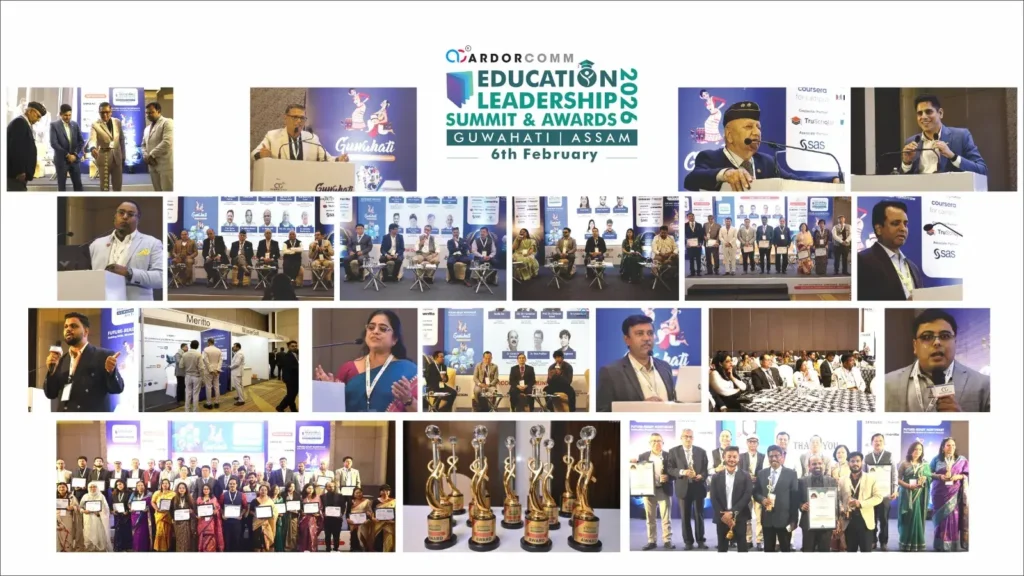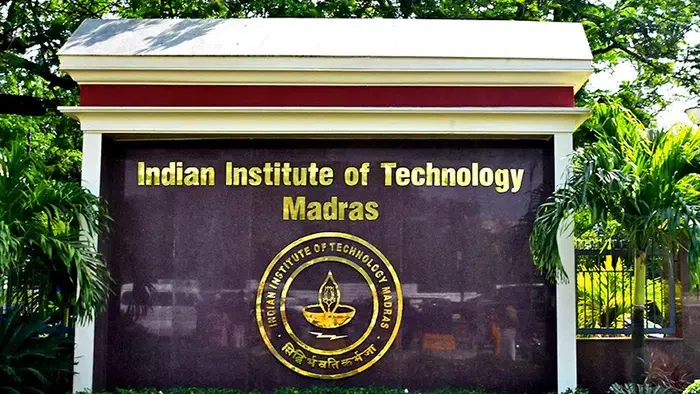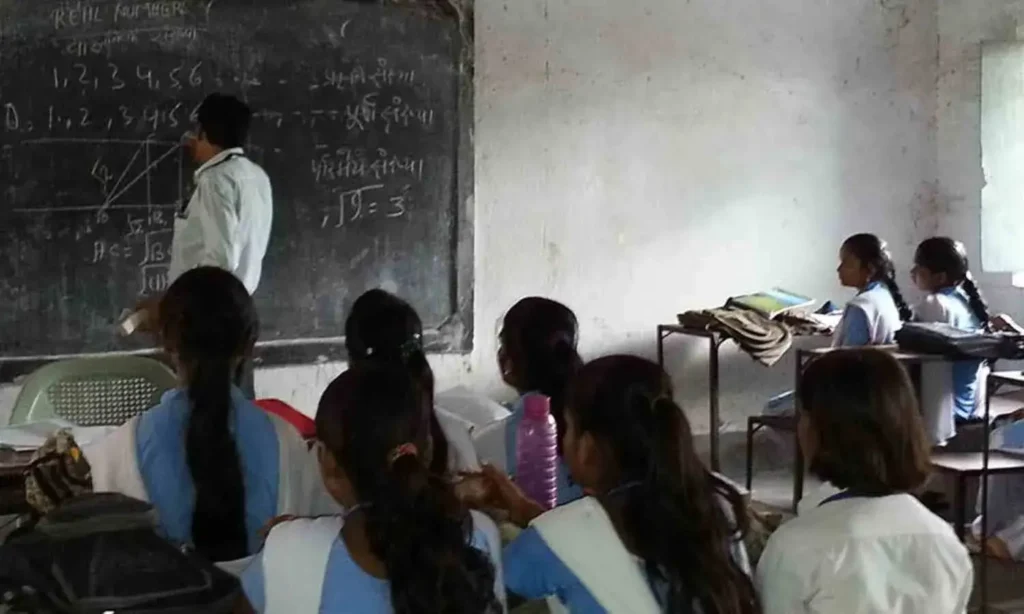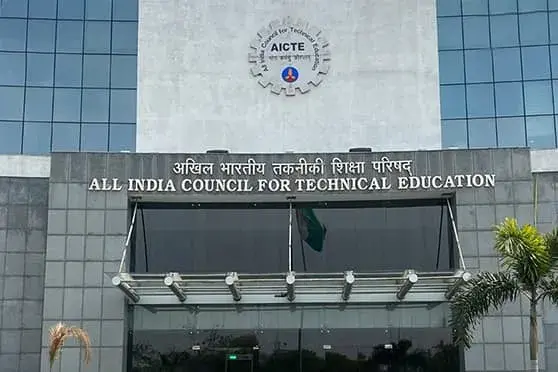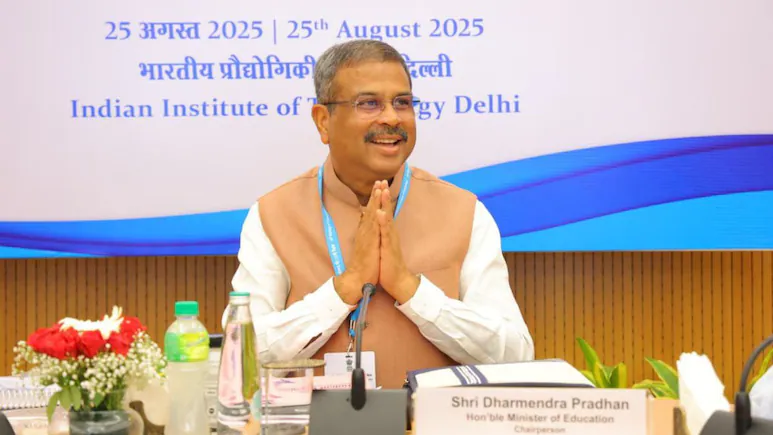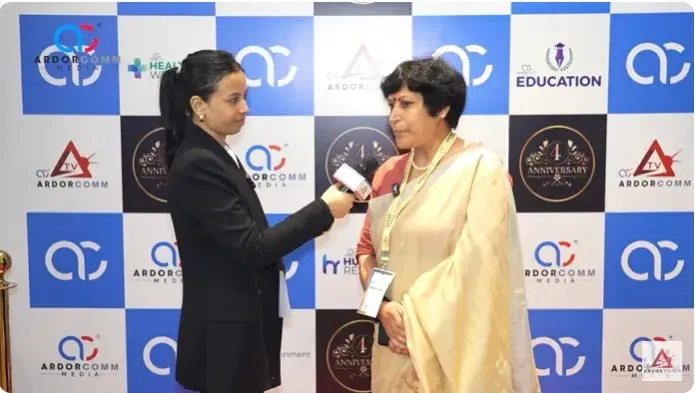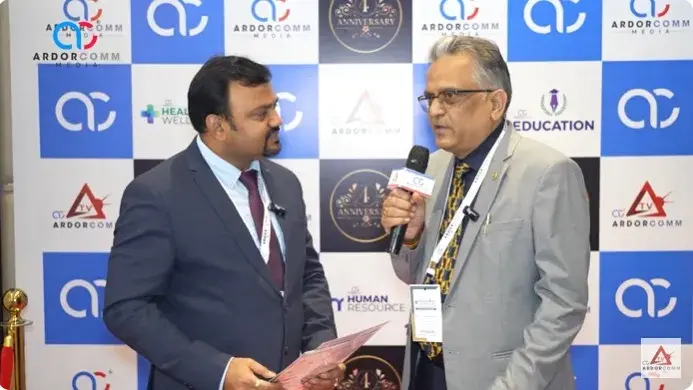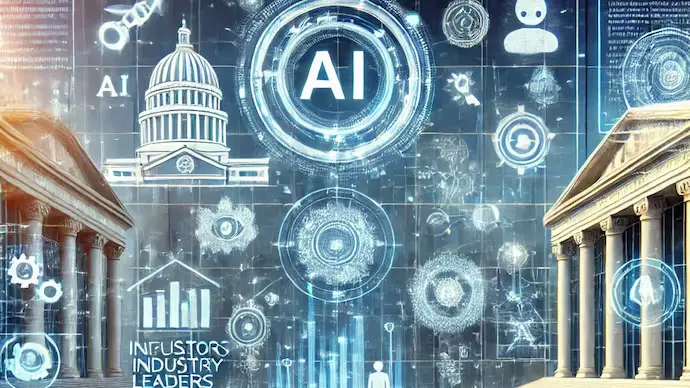ArdorComm Education Leadership Summit & Awards 2026 held in Guwahati, Assam on 6th February 2026
The ArdorComm – Education Leadership Summit & Awards 2026, held on 6th February 2026 in Guwahati, Assam, emerged as a powerful confluence of ideas, inspiration and action, spotlighting the North East as a fast-evolving education and skills hub of India. Centred on the theme “Future-Ready Northeast: Building Skills, Mindsets for a Smarter Tomorrow”, the summit brought together senior education leaders, policymakers, academicians, EdTech innovators and industry experts from across the region and beyond. Organised by ArdorComm Media Group, the flagship summit reaffirmed the organisation’s commitment to fostering dialogue, collaboration and recognition across India’s education ecosystem—this time with a sharp focus on the immense potential and progress of the North Eastern states. Showcasing the Northeast’s Education Transformation The summit highlighted how Northeast India is undergoing a quiet but powerful transformation in education, driven by improved literacy rates, enhanced digital infrastructure, policy-led reforms and growing private participation. Discussions underscored the region’s journey from access-led education to outcome-oriented, future-ready learning models. Speakers extensively explored the opportunities unlocked by NEP 2020, particularly its emphasis on regional languages, multidisciplinary learning, skill integration and alignment with local economic and employment needs. The role of education in nurturing entrepreneurship, employability and innovation within the region was a recurring theme across sessions. With growing investments in universities, private unaided schools, vocational training centres and EdTech-enabled classrooms, the Northeast is increasingly positioning itself as a model region for inclusive and tech-driven education. Support from Esteemed Government Leaders The ArdorComm – Education Leadership Summit & Awards 2026 – Guwahati received strong encouragement and goodwill from distinguished leaders of the Government of Assam, underscoring the importance of collaborative efforts in advancing education, skills and youth development in the region. Smti. Nandita Garlosa, Hon’ble Minister of Sports & Youth Welfare, Government of Assam, extended her warm wishes to the summit, appreciating initiatives that focus on empowering youth through education, skill development and holistic growth. Dr. Ranoj Pegu, Hon’ble Minister of Education, Welfare of Plain Tribe & Backward Classes, Government of Assam, conveyed his best wishes for the event and acknowledged the role of such platforms in strengthening education systems, promoting inclusivity and aligning learning with the aspirations of the future workforce. Shri Prasanta Phukan, Hon’ble Minister for Power, Skill, Employment & Entrepreneurship, Medical Education & Research, Government of Assam, also shared his warm regards for the summit, recognising the significance of industry–academia collaboration in building a skilled, employable and future-ready talent pool for the state and the region. Their encouragement and goodwill added immense value to the summit and reaffirmed the collective commitment towards nurturing a future-ready Northeast through education, skills and innovation. Industry Leaders and Keynote Speakers The summit opened with an impactful Inaugural Session on “Future-Ready Northeast: Building Skills & Mindsets for a Better Tomorrow”, setting the tone for a day of forward-looking discussions. Kumar Chandan Anand, Founder, CEO & Group Editor, ArdorComm Media Group, delivered the Welcome Address, highlighting ArdorComm’s commitment to fostering collaborative platforms that drive inclusive, future-ready education. The Guest of Honour, Shri R. C. Jain, IAS (Retd.), Chairman, Assam State School Education Board (ASSEB), Government of Assam, shared insights on strengthening school education and aligning learning outcomes with the vision of NEP 2020. The session was further enriched by Maj. Gen. B. D. Wadhwa, AVSM, Pro Chancellor (Emeritus), IILM University, Greater Noida, who emphasised leadership and values-based education, and Aaditya Razdan, Senior Enterprise Director, Coursera, who spoke on the growing role of digital platforms and industry-aligned learning in building future-ready skills for the Northeast. Panel 1, titled “NEP and Tech Advantage for KG to PG: Building a Future-Ready Generation”, brought together education leaders from school and higher education to discuss how NEP 2020 and technology can collectively transform learning across the entire academic continuum. Moderated by Sandip Sen, Principal, SERS Public School, Guwahati, the panel featured Cdr. (Dr.) Gurdaman Sharma, Vice Chancellor, SRM University, Gangtok; Prof. (Dr.) Ginlianlal Buhril, Vice Chancellor, ICFAI University, Mizoram; Dr. Nitai Pradhan, Principal, Good Shepherd’s Home English Medium High School, Nagaon; and Mohan Raghavan, Director, Mind Matters Educational Group, Guwahati. The discussion highlighted curriculum flexibility, experiential learning, digital integration and teacher preparedness as critical enablers for nurturing future-ready skills and mindsets from early childhood education to higher education. Panel 2, titled “Digital Pathways to Lifelong Learning: Balancing Innovation, Inclusion & Ethics”, focused on how digital transformation can enable continuous learning while remaining equitable and responsible. Moderated by Gariasi Dutta, Chairperson, The down town Group Schools, Guwahati, the panel featured Diwan Siraj Munir, Executive Director & CEO, Sublime Academy, Barpeta; Dr. Durlav Sarkar, Founder & Director, Gurukul Group of Educational Wing, Mangaldai; Mallika Das Singh, Founder & Director, Lakshya International School, Tezpur; and Anuraag Saraf, Founder & Director, Mind Matters Educational Group, Guwahati. The discussion emphasised ethical use of technology, inclusive digital access, blended learning models and the importance of fostering critical thinking and digital citizenship across all stages of education. Panel 3, titled “Bridging Education and Employability: Skills for the 21st Century Workforce”, brought the spotlight on aligning academic frameworks with evolving industry demands and employability outcomes. Moderated by Prof. Himanshu Panchal, Vice Chancellor, EdTech Skills University, Tinsukia, the panel featured Kuldip Sarma, Co-Founder & Pro-Chancellor, Medhavi Skills University, Singtam; Manik Kathuria, Regional Account Director, Coursera; Maj. Gen. B. D. Wadhwa, AVSM, Pro Chancellor (Emeritus), IILM University, Greater Noida; Prof. (Dr.) K. V. S. Sarma, Vice Chancellor, National Law University and Judicial Academy, Guwahati; Dr. Bibhas Deb, Vice Chancellor, Maharaja Bir Bikram University, Agartala; Prof. (Dr.) Ajeya Jha, Vice Chancellor, Arunachal University of Studies, Namsai; and Dr. Debmalya Bhattacharya, Pro Vice Chancellor, MIT University of Meghalaya. The discussion underscored the importance of industry-aligned curricula, experiential learning, micro-credentials, leadership development and strong academia–industry partnerships in preparing a future-ready workforce for the Northeast and beyond. Panel 4, titled “Reimagining Higher Education in the Digital Era: Transformation, Trends & Pathways”, explored how universities are navigating digital disruption while rethinking academic delivery, governance and student engagement. Moderated by Prof. (Dr.) Prakash Divakaran, Vice Chancellor, Himalayan University, Itanagar, the panel featured Subrato Ganguly, Senior Manager

